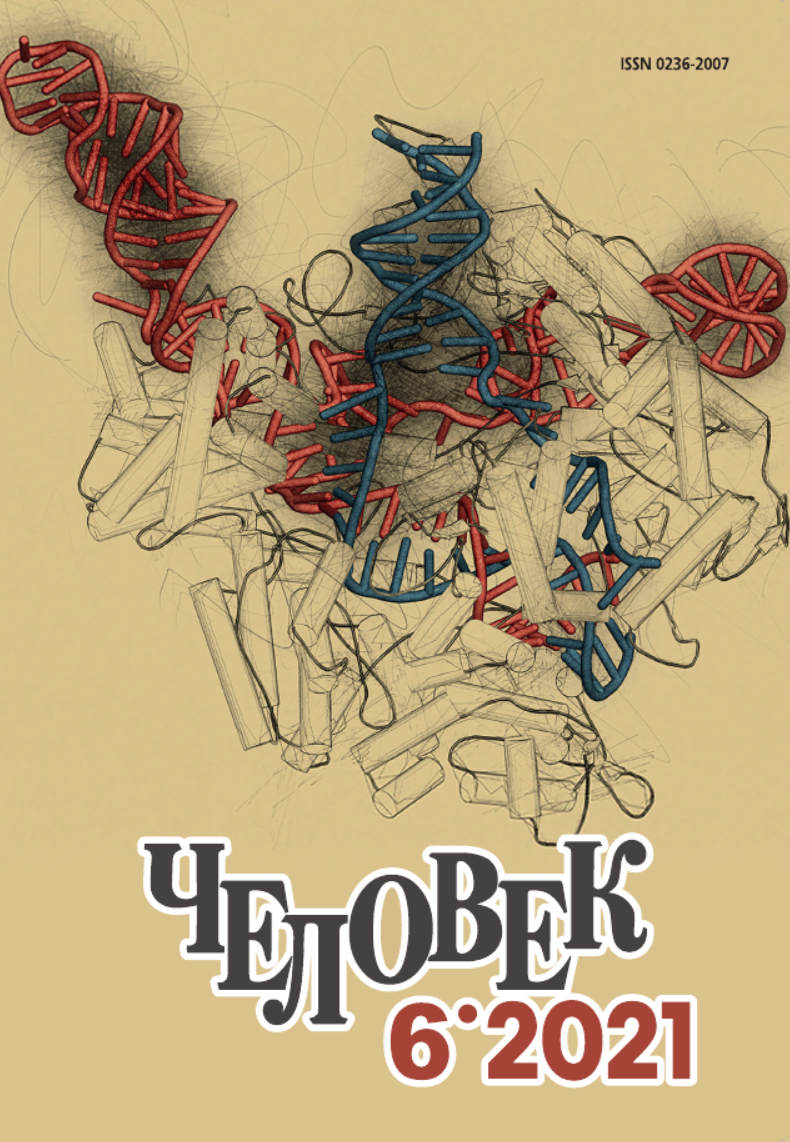The Human Rights System Facing Challenges of Biotechnological Improvement of the Human Nature
Keywords:
human genome, germ line, editing, designer baby, technogenic civilization, human rights, legal restrictions, prohibitionAbstract
The opening possibilities of turning the mankind’s biological evolution into controlled technological process are inevitable result of development of the anthropocentric technogenic civilization in the direction of transforming the nature and subordinating it to a man. If the biological risks of this scenario can be reduced to acceptable level in the foreseeable future according to expert opinion, then the social risks, associated with the possibility of splitting the human community into “improved” elite and masses of “commoner” will only increase. At the same time, it is becoming more and more obvious that law, which is the main element of the cultural matrix of technogenic civilization, carries its main risks: law as a normative form of individual freedom is not able to withstand properly the threats to all mankind, which are caused by the social practices of liberal eugenics. The attempt of the Oviedo Convention to solve this problem by establishing prohibition of genetic editing of the human embryo line created preconditions for discrimination against a certain group of people based on their genetic status, as well as for disproportionate restrictions on the scientific freedom in this area of research. This clearly demonstrated the unlawful nature of such a prohibition. The desire to disguise that this type of regulation goes beyond the law framework by including it in the system of the rights of future generations without proper legalizing this concept doesn’t withstand criticism. Recently the biomedical community has been moving from the idea of unequivocal prohibition of inherited editing of the human genome towards the establishing legal restrictions, that take into account the positions of all stakeholders, and monitoring their compliance. Particular importance is attached to the organization of public discussions and the preparing society to take a responsible and conscious solution to the problem. The success of this risky but perhaps the only possible strategy will mainly depend on the social context in which it can be implemented.






